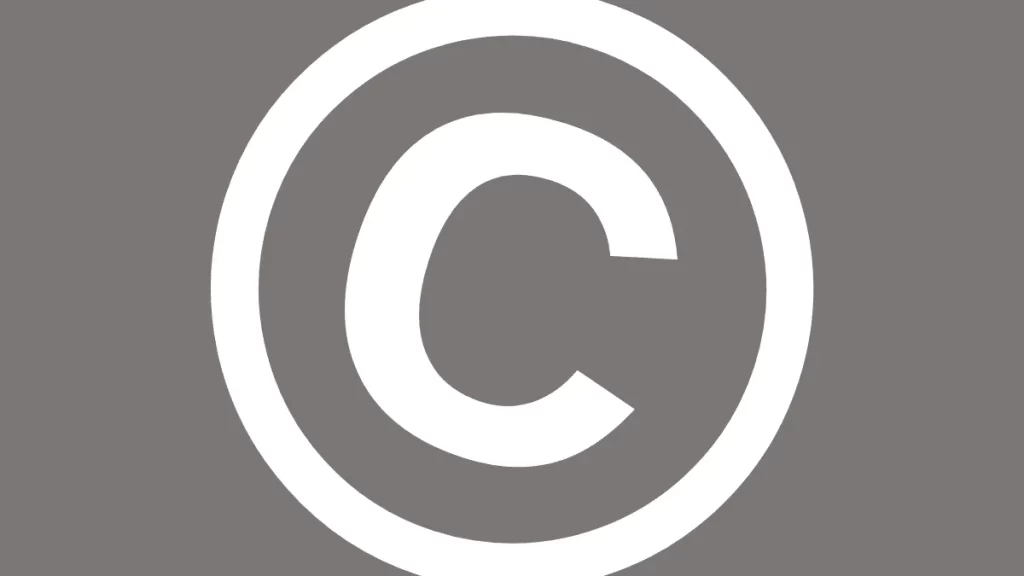For today’s teenagers, the copyright monopoly represents more than just a legal concept—it’s a barrier erected by the establishment, stifling their enjoyment of culture and science, censoring their voices and protests, and impeding the reach of their art. As these individuals mature and ascend to positions of influence in policymaking, the question arises: when will they dismantle the monopoly once and for all?

In the pre-internet era, the copyright monopoly was a concern limited to high-powered lawyers at the largest publishing houses. Back then, before the advent of the compact cassette, the dissemination of culture and knowledge was largely reserved for elite players in the industry.
Enter the compact cassette—a game-changer in the world of audio storage. It transformed into an analogy removable hard drive for music, revolutionizing how people accessed and shared their favourite tunes. Suddenly, cassette players, particularly the iconic “ghettoblasters,” became ubiquitous, offering a portable music experience complete with dual cassette slots and the ability to write to tapes.
But here’s the kicker: these cassette players boasted a crucial feature—copying capabilities. With just a source tape and a blank one, users could duplicate their music collections with a simple push of a button labelled “copy.” This functionality was heavily advertised, enticing music enthusiasts with the promise of expanding their libraries effortlessly.
Back in the day, the record industry threw an epic fit, proclaiming “home taping is killing music” in a campaign that became the subject of widespread mockery. In response, rebellious bands flipped the script, printing their own logo declaring “home taping is killing record industry profits,” along with a cheeky invitation to use the blank side of the tape to “help out.” Thus began the skirmish against everyday folks making copies—a battle that’s only grown more absurd with time. (Can you imagine a modern DVD player with a big red “COPY” button?)
Fast forward to today, where we witness dawn raids on ordinary homes by police wielding drawn weapons—all for the “crime” of enjoying music or movies from unauthorized sources. (Imagine getting busted for listening to the radio because the station lacked a proper spectrum license? Ludicrous, right?) Meanwhile, activists find their voices silenced under the guise of copyright enforcement, while legal jargon like “secondary and tertiary liability” is wielded like a weapon, stripping away basic rights in the name of censorship.
And if that weren’t enough, entrepreneurs find themselves slapped with fines for the audacity of playing their own music—yes, music they wrote and performed themselves—in their own establishments. Why? Because the copyright monopoly demands fees to collecting societies whenever a tune is played. It’s a topsy-turvy world where sharing knowledge and culture is as natural as breathing, yet the powers that be continue to stifle creativity in the name of profit.
In the grand scheme of things, what started as a distant and esoteric concept—the copyright monopoly—has morphed into a downright oppressive and despotic regime that impacts everyone in ways they vehemently oppose. Laws only hold sway when they’re supported by the people; yet today, the copyright monopoly commands less respect than speed limits in a country where speeding is practically a national pastime.
Sure, we’re not advocating for the abolition of speed limits anytime soon. After all, you won’t find the police raiding homes at dawn and confiscating phones, computers, and every last trace of your existence if you’re caught planning to exceed the speed limit.
But mark my words: the next generation, those teenagers who’ve come of age in this oppressive environment, will rise up against this monopolistic tyranny with thunderous applause from their peers. It’s not a matter of if but when.
I’ve positioned myself smack dab in the middle of the Overton window, presenting ideas that may seem radical yet entirely feasible, as outlined in The Case For Copyright Reform. By advocating for sensible changes—like limiting the monopoly to commercial activities, reducing terms, and banning DRM—we can solve the lion’s share of problems without going to extremes.
Because let’s face it: when today’s teens are the ones pulling the strings, do you really think they’ll buy into the fairy tales spun by the copyright industry? No chance. They’ve lived through firsthand experiences of the monopoly’s abuses: stifled creativity, squashed dissent, and technological innovation on life support—all in the name of corporate greed.
Radical reform is the last lifeline for the copyright monopoly. It’s time to dial back the abuses before it’s too late. Because if we don’t act now, the monopoly will meet its demise sooner than we think—
just ask anyone who remembers the uproar over SOPA and ACTA protests of yesteryear.